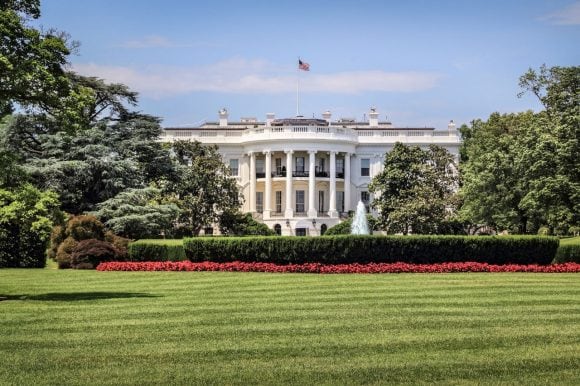Emerging market debt reflections following IMF-World Bank meetings
The UBS Asset Management Emerging Markets Fixed Income team recently attended the 2024 International Monetary Fund (IMF) and World Bank Group (WBG) Annual Meetings




